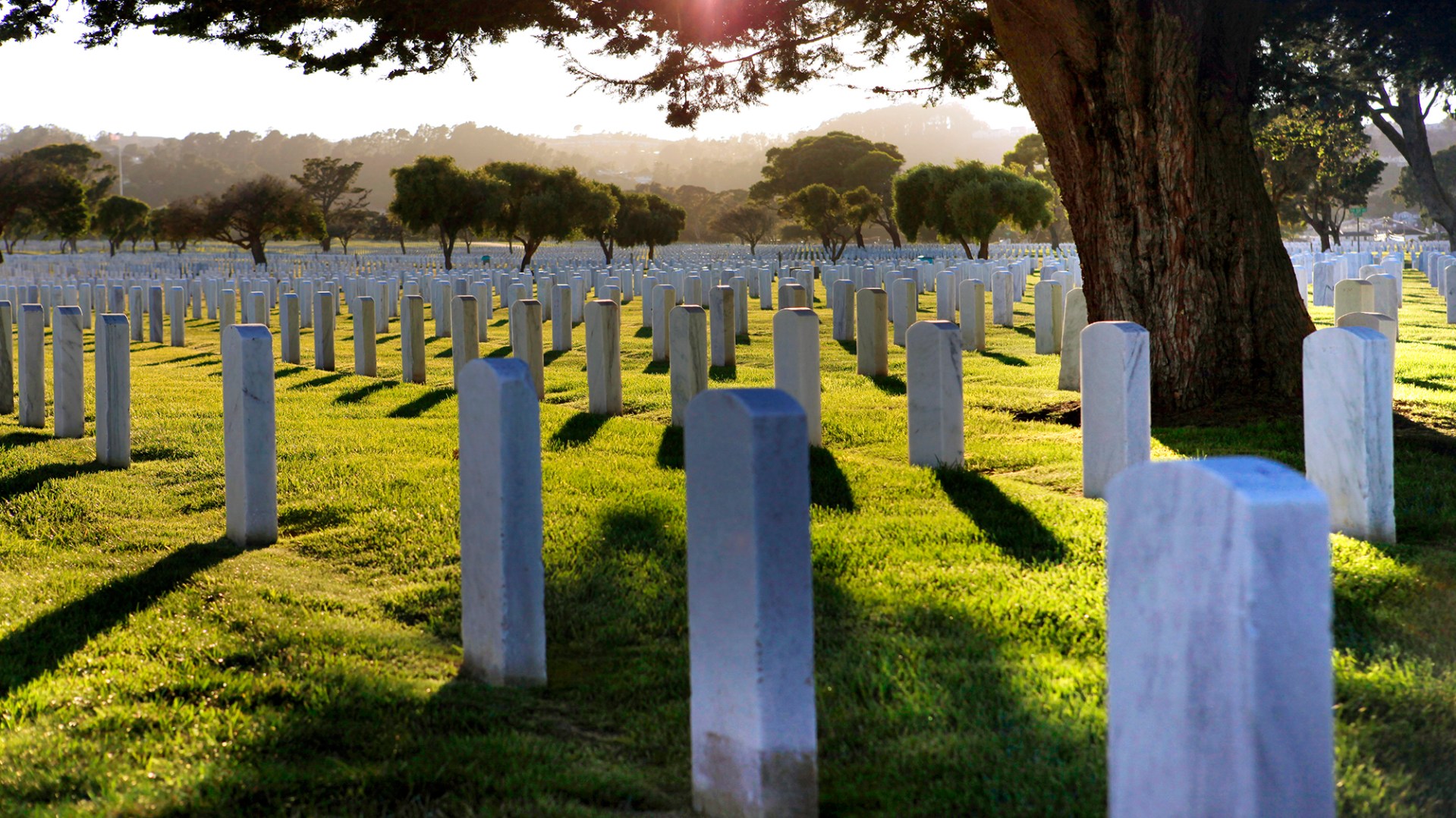Historians have a formidable task when they try to explain why something happened. The task becomes even harder when they ask why something did not happen. Undaunted, Mark Noll and Harry Stout take this more difficult tack in their new books on the Civil War: Why did American Christians not think more deeply or act more ethically as the country faced bloody sectional conflict?
This type of history first requires demonstrating that the non-event could and should have occurred. Both authors identify moral voices crying in the wilderness—Abraham Lincoln (though he could be hard-hearted as well as humble), a few circumspect pastors and journalists, even Union Gen. George McClellan (Stout does not ascribe his infamous reticence to incompetence but to observance of the rules of limited war). Noll also brings in the never before studied perspectives of Europeans, Catholic and Protestant, who more clearly saw the flaws in American thinking about slavery, warfare, theology, and biblical interpretation. Stout cites the centuries-old Christian tradition of just-war theory.
Theology Lost the War
Next, "why not" history must prove that the expected development did not, in fact, occur. Here, Noll and Stout contend with a long tradition that celebrates the revivals in North and South during the war, extols the Christian virtues of selected generals, and uncritically lauds Lincoln's prophetic vision. Widespread willingness to go easy on the North also complicates matters.
Neither Noll nor Stout would deny that emancipation constitutes a moral trump card, but this noble act—undertaken only in the middle of the conflict, as Lincoln sought to muster support for a transition to total war—does not atone for what both authors consider the North's many other sins.
Noll locates those other sins in the realm of theology. He finds that, despite the profound questions raised by the war, Christian thought mainly tracked in the ruts laid down in previous decades. Religious speakers on all sides shot proof texts at each other while nuanced Christian thinking on race and economics failed to gain an audience. Northern abolitionists receive special criticism because they were the group most apt to let their convictions overrule inconvenient Bible passages. Nobody won the conflict Noll describes; Scripture and sound theology lost.
Stout acknowledges that "the right side won" the war but finds much to criticize in the way both sides waged their campaigns. He amasses evidence from sermons, the religious and secular presses, public and private statements by political leaders, songs, personal correspondence, and battlefield practices to paint a dismal picture of growing bloodlust and self-righteousness. It was as if every sector of society competed to valorize its own cause and vilify the enemy. In this grim competition, sadly, the clergy often won.
The Infantry of Patriotism
Only after demonstrating that what should have happened did not can the authors turn to the question of why. For Noll, Civil War partisans were simply too American and too evangelical in their insistence that biblical texts and common sense made all truth clear to everyone. This narrow epistemology offered no way to arbitrate conflicting interpretations or to question such "common sense" ideas as white supremacy. Thus, the pervasive biblicism and egalitarian spirit that created the country also created the conflict.
Stout's answer is both more distressing and less satisfying. He pinpoints Civil War Christians' moral blindness not in their cultural milieu but in the war itself. As casualties mounted, cries for revenge and a throbbing need to justify staggering costs drowned out the whisper of conscience. By the end of 1862, Stout writes, "The infantry of patriotism, reinforced with the artillery of mounting hatred, rendered both sides mindless killing machines bent on destruction." And the war would last over two more years.
Stout's conclusion is unsettling. If 19th-century warmongers' faults lay not in their context but in themselves, then one has to wonder whether every society—despite or because of its piety—is prone to the same grisly excesses. But another concern also arises. Stout has allowed his subjects' faults to subsume their selves. In demonstrating how participation in total war dehumanized Civil War Americans, Stout dehumanizes them further, depicting their actions as morally inexplicable.
Perhaps this danger frets any high-stakes moral history. The risk is lower for Noll, because he limits his critique to elites. Stout, by contrast, indicts an entire generation. And despite his valiant introductory attempt to separate "moral as ethically weighted" from "moral as ethically correct," he reflexively holds discourse of the first type to the standard of the second. Stout argues persuasively that the enormity of the war, as well as the general shallowness of thinking about it, requires condemnation, and he backs up his judgment amply. Still, one cannot help feeling that even the immoral deserve gentler handling.
Elesha Coffman is a doctoral student at Duke University and a senior editor of Christian History & Biography.
Copyright © 2006 Christianity Today. Click for reprint information.
Related Elsewhere:
The Civil War as a Theological Crisis and Upon the Altar of the Nation is available from Amazon.com and other book retailers.
More information about Upon the Altar of the Nation is available from Viking Press.
More information about The Civil War as a Theological Crisis is available from The University of North Carolina Press.
A webcast of Mark Noll discussing the Bible in American public life, including much discussion of the Civil War is available from the Library of Congress.
Christian History & Biography devoted an issue to The Untold Story of Christianity & the Civil War.
More articles from Books & Culture on the Civil War are available from booksandculture.com.
For book lovers, our 2006 CT book awards are available online, along with our book awards for 2005, 2004, 2003, 2002, 2001, 2000, 1999, 1998, and 1997, as well as our Books of the Twentieth Century. For other coverage or reviews, see our Books archive and the weekly Books & Culture Corner.










